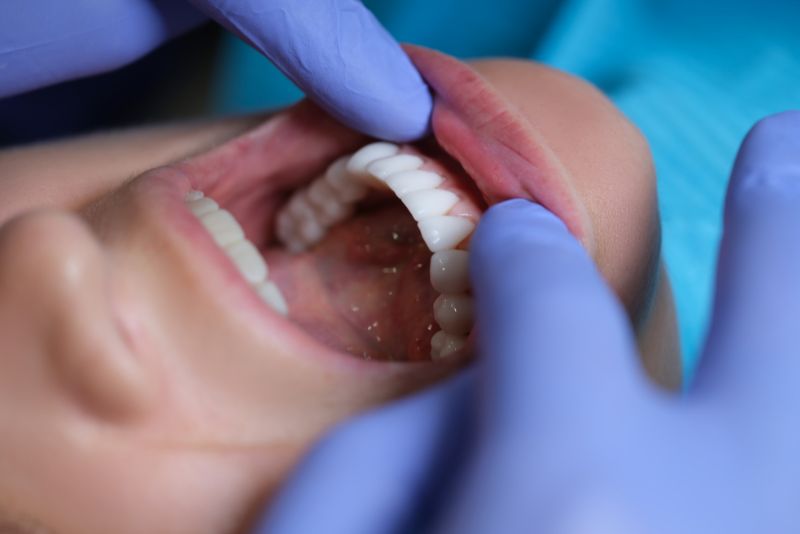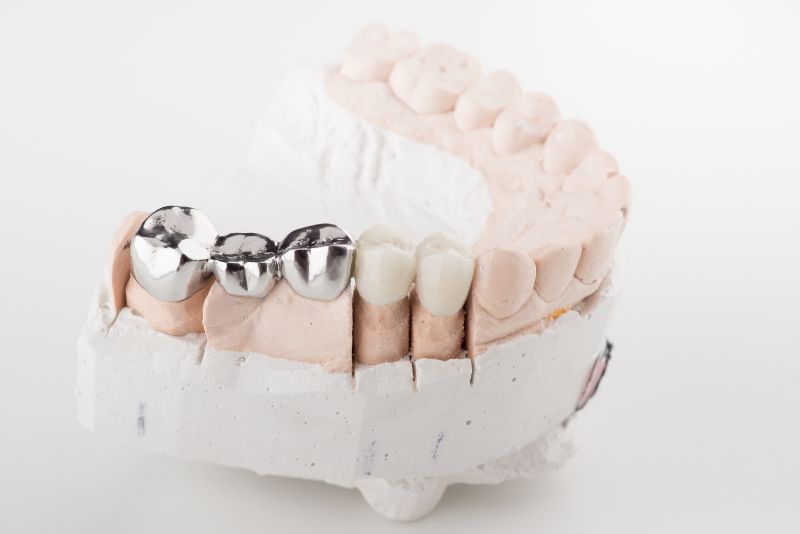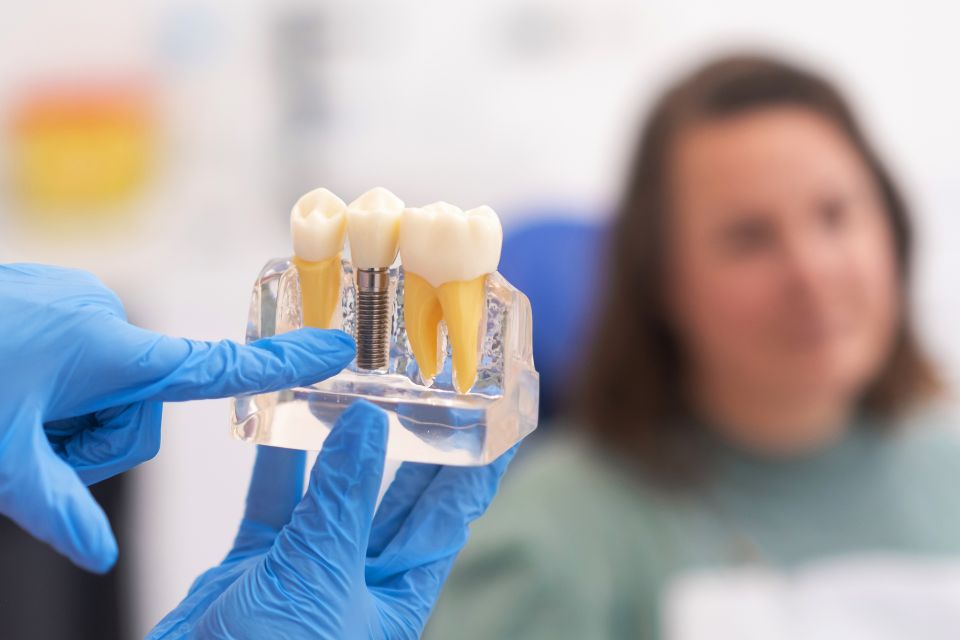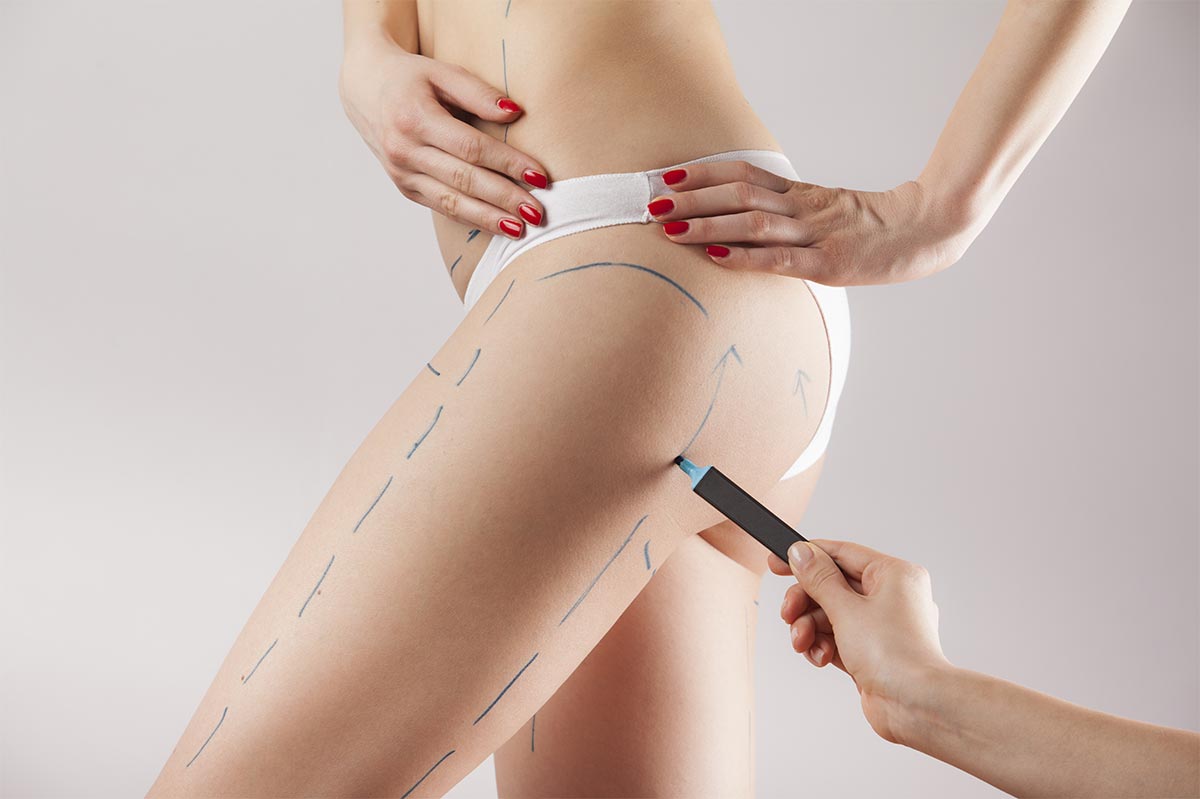Zirconia crowns have rapidly become the gold standard in modern dentistry for restoring damaged or decayed teeth. Renowned for their exceptional strength, durability, and aesthetic appeal, these crowns mimic the natural appearance of tooth enamel while offering unparalleled longevity. Their rise in popularity is a testament to advancements in dental materials and techniques, making zirconia crowns a top choice for patients and dentists alike.
In this exploration of zirconia crowns, we will delve into how they stack up against other dental crown materials, evaluating their advantages and potential drawbacks. Furthermore, we'll shed light on why Turkey has emerged as a premier destination for patients seeking zirconia crown treatments, offering a unique blend of quality, affordability, and comprehensive dental care.
Why Zirconium Crown and Why It Is Preferred Over Other Dental Crowns
Defining Zirconia Crowns and Their Composition
Zirconia crowns are crafted from zirconium dioxide, a synthetic mineral derived from zircon sand. This material is part of a highly durable family of ceramics, with zirconia itself being closely related to titanium in terms of resistance and strength. Unlike traditional ceramics, zirconia boasts exceptional durability that makes it an ideal choice for dental applications. It stands out due to its white, powdered ceramic base, which allows for the creation of crowns without the need for metal support, making zirconia crowns a metal-free option in dental restoration.
Comparison with Other Materials
Zirconia crowns are often compared to porcelain-fused-to-metal (PFM) and all-porcelain crowns due to their widespread use in dental restoration. Unlike PFM crowns, which rely on a metal base coated with a layer of porcelain, zirconia crowns are entirely metal-free, eliminating concerns over metal allergies and offering superior aesthetic qualities by perfectly mimicking the translucency and color of natural teeth. Compared to all-porcelain crowns, zirconia crowns provide enhanced durability and strength, making them less prone to chipping or cracking, especially in patients with a strong bite force.
Preferred Scenarios for Zirconia Crowns
Zirconia crowns may be preferred in various scenarios, influenced by factors such as the crown's location, the patient's bite force, and aesthetic desires. For anterior (front) teeth, where aesthetics are paramount, zirconia's ability to blend seamlessly with natural teeth makes it an excellent choice. Its strength and durability also make zirconia crowns suitable for posterior (back) teeth, which endure more significant chewing forces. Additionally, for patients seeking a metal-free restoration option due to allergies or aesthetic preferences, zirconia crowns offer an ideal solution, combining both functional and cosmetic benefits.
The advantage of Zirconium Crowns
Zirconia crowns have set a new benchmark in the realm of dental restoration, emerging as the premier choice for patients and dentists alike. Their popularity is rooted in a trio of compelling advantages:
Exceptional Durability and Strength
Zirconia surpasses other metal-free alloys in durability, boasting an impressive resistance to breakage. This material is particularly beneficial for patients who experience clenching and grinding, offering significant advantages in handling chewing pressures and lateral forces. Its high fracture resistance ensures longevity, making zirconia crowns a wise investment for long-term oral health. Unlike metal-supported porcelains, zirconia crowns are less likely to cause tooth abrasion, further enhancing their appeal.
Superior Aesthetic Results with a Natural Look
One of the standout features of zirconia crowns is their ability to achieve a natural aesthetic that blends seamlessly with the surrounding teeth. Zirconia's semi-transparent nature allows light to pass through, mimicking the translucency of natural tooth enamel. Furthermore, zirconia does not cause gingival discoloration where it meets the gum line, preserving the natural appearance of the gums. The thin margins of zirconia veneers ensure a smooth transition that is gentle on the gums, achieving the illusion of the tooth naturally emerging from the gum.
Excellent Biocompatibility (Reducing the Risk of Allergic Reactions)
Zirconia's biocompatibility is unparalleled, posing no risk of allergic reactions and making it the material of choice for patients with sensitivities. It harmonizes with the body's natural tissues, allowing for years of comfortable wear without irritation to the gums, cheeks, lips, or tongue. The precise fit between the zirconium crown and the tooth ensures a well-sealed junction, eliminating the risk of decay under the crown.
What are the Downsides of Zirconia?
While zirconia crowns offer numerous benefits, it's important to consider a few potential downsides to ensure a well-rounded perspective.
Higher Initial Cost
One of the primary concerns with zirconia crowns is their cost. Zirconia is typically more expensive than metal-supported porcelains, primarily due to its superior qualities and the complex manufacturing process. Although the initial investment is higher, it's worth considering the longevity and aesthetic advantages zirconia crowns provide, which may offer better value over time.
Durability in Long Bridges
While zirconia crowns boast exceptional durability, their use in very long dental bridges may present a slight risk of breakage. However, this concern is relatively minor when weighed against the overall performance and lifespan of zirconia as a crown material.
Tooth Preparation and Treatment Duration
The process of fitting a zirconia crown may require more extensive preparation of the tooth compared to other materials. This preparation is necessary to ensure a perfect fit and optimal aesthetic result but can mean more time spent in the dentist's chair. Typically, the entire procedure, from preparation to crown placement, could span around 5 days, depending on the specific case.
Deciding to opt for zirconia crowns should be a collaborative process between the patient and their dentist. Factors such as the treatment location (anterior or posterior teeth), the type of dental issue being addressed, and individual budget and aesthetic expectations will play crucial roles in this decision. A thorough consultation with a dental professional can provide personalized advice tailored to each patient's unique situation, helping to determine whether zirconia is the most suitable material for their dental crowns.
Why Choose Turkey for Zirconia Crowns?
Turkey stands out in dental tourism for zirconia crown treatments, combining cost-effectiveness with high-quality care. Zirconia crowns in Turkey are significantly more affordable than in Western countries, offering patients substantial savings. Turkish dentists are recognized for their expertise and use of advanced technology, ensuring top-notch results.
Opting for Elara Medical elevates this experience by providing tailored care plans, travel support, and a focus on patient satisfaction. This makes Turkey, in partnership with Elara Medical, the preferred choice for those seeking reliable and cost-efficient zirconia crowns.
Conclusion
Zirconia crowns stand out for their durability, aesthetic appeal, and biocompatibility, making them an excellent choice for various dental restoration needs. Opting for this advanced treatment in Turkey not only ensures access to high-quality care at an affordable cost but also a seamless experience, thanks to the expertise and support provided by Elara Medical. Together, the superior qualities of zirconia crowns and the comprehensive care offered in Turkey represent an unbeatable combination for patients seeking the best in dental restoration.






